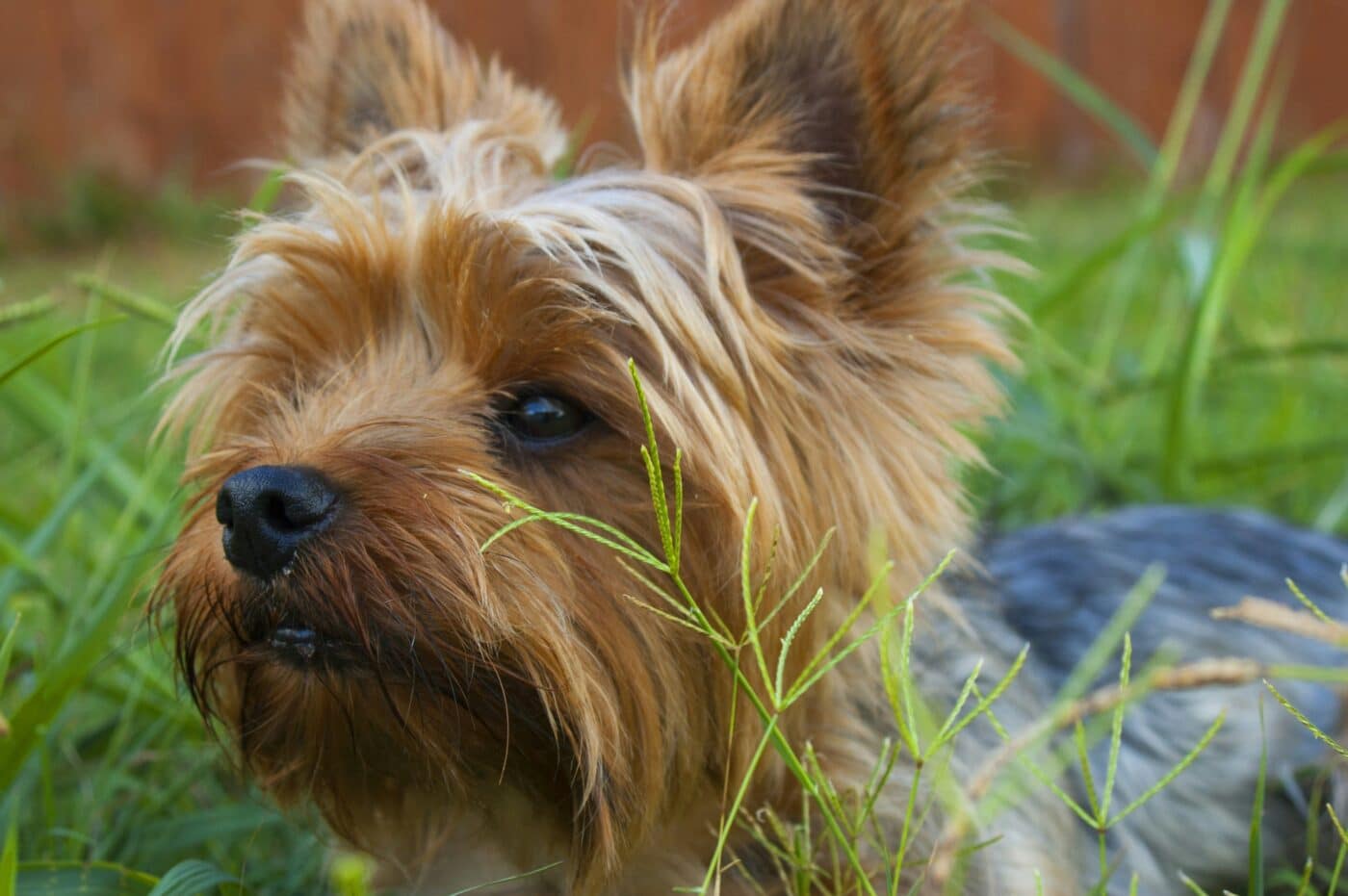 Shutterstock
Shutterstock
Dogs are known for their quirky behaviors, and one of the most curious habits is their tendency to eat grass. While this might seem odd or even alarming to some dog owners, it’s actually more common than you might think. Seeing your dog munching on grass can raise concerns about their health or dietary needs, but surprisingly, this behavior is often not a cause for alarm. Dogs eat grass for several unexpected reasons, ranging from instinctual behaviors to environmental influences.
Instinctual Foraging Behavior
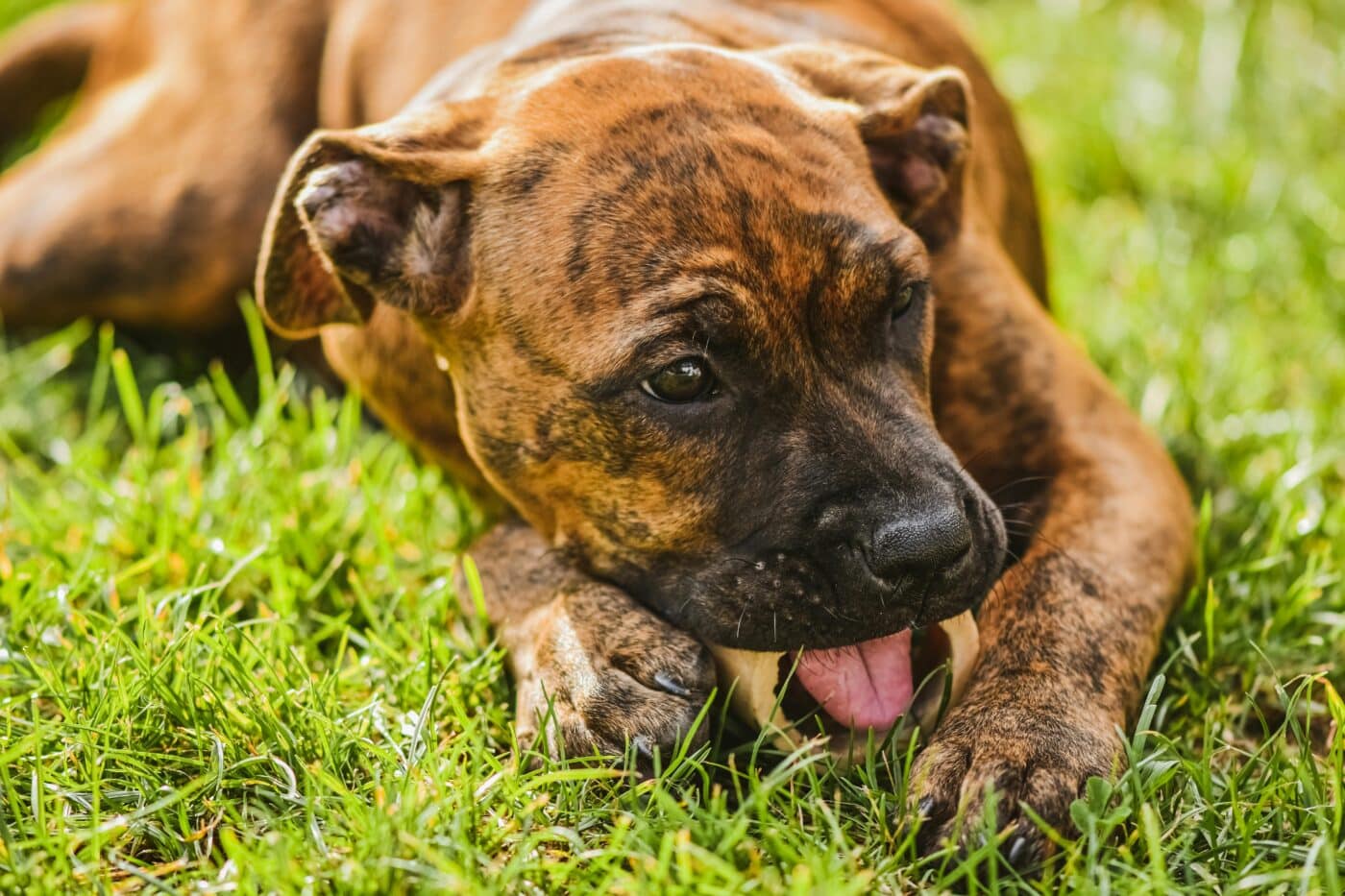 Shutterstock
Shutterstock
One of the most basic reasons dogs eat grass is their instinctual foraging behavior. In the wild, dogs’ ancestors, such as wolves and coyotes, consumed a varied diet, including plants and vegetation. Grass and other plant material were often ingested incidentally when wild canines consumed prey or when foraging for food in nature. This instinct remains in domesticated dogs, causing them to occasionally nibble on grass, even though it might not be a primary part of their diet. Grass eating may simply be a reflection of your dog’s ancestral instincts.
Seeking Fiber for Digestive Health
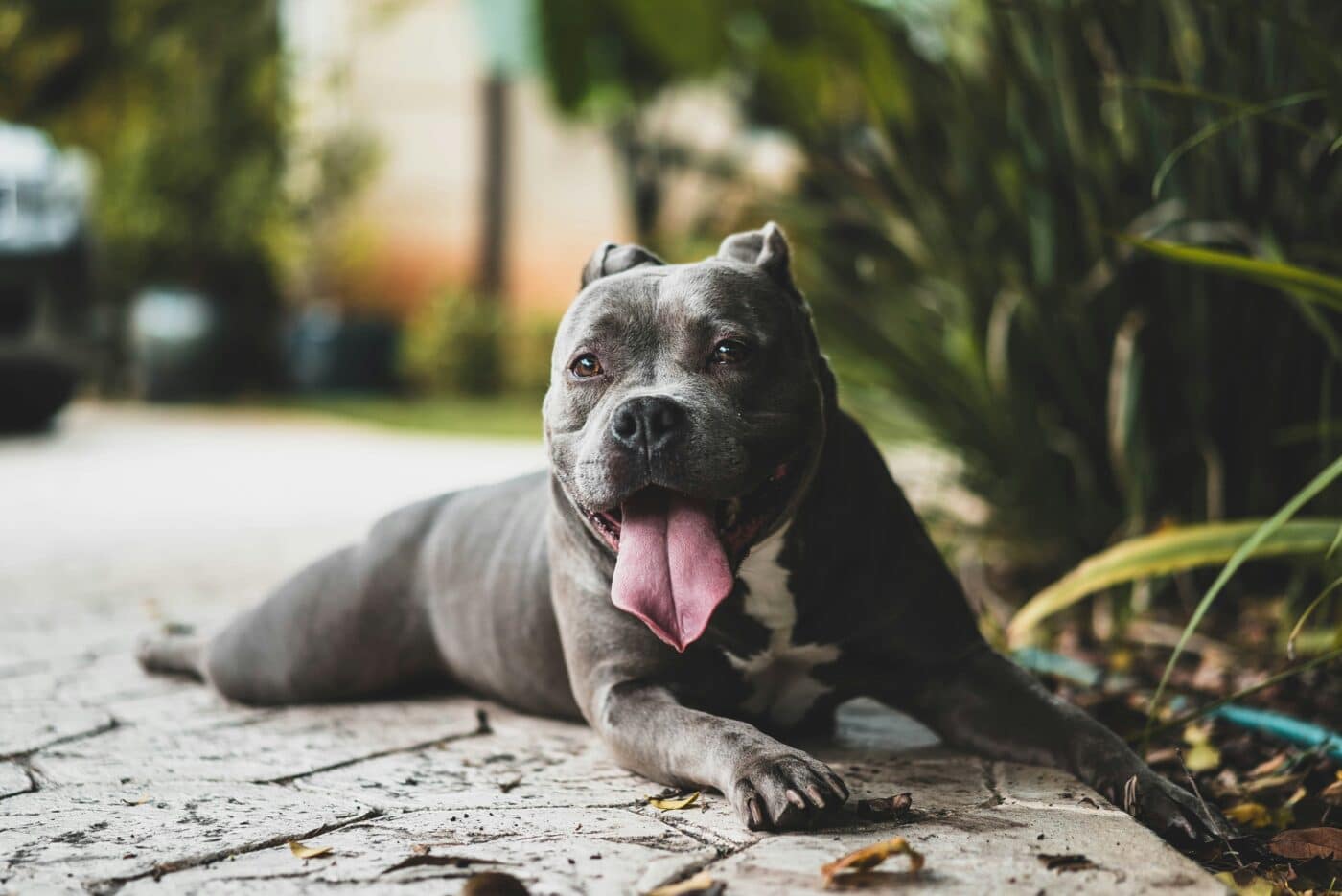 Shutterstock
Shutterstock
Grass contains a high amount of fiber, which can benefit a dog’s digestive system. Dogs, like humans, require a balanced amount of fiber to ensure smooth digestion and prevent issues like constipation. If a dog’s regular food lacks sufficient fiber, they may instinctively turn to grass as a natural source of roughage. This could explain why dogs sometimes seek out and eat grass, as they might be trying to self-regulate their digestive system by consuming additional fiber.
A Natural Laxative Effect
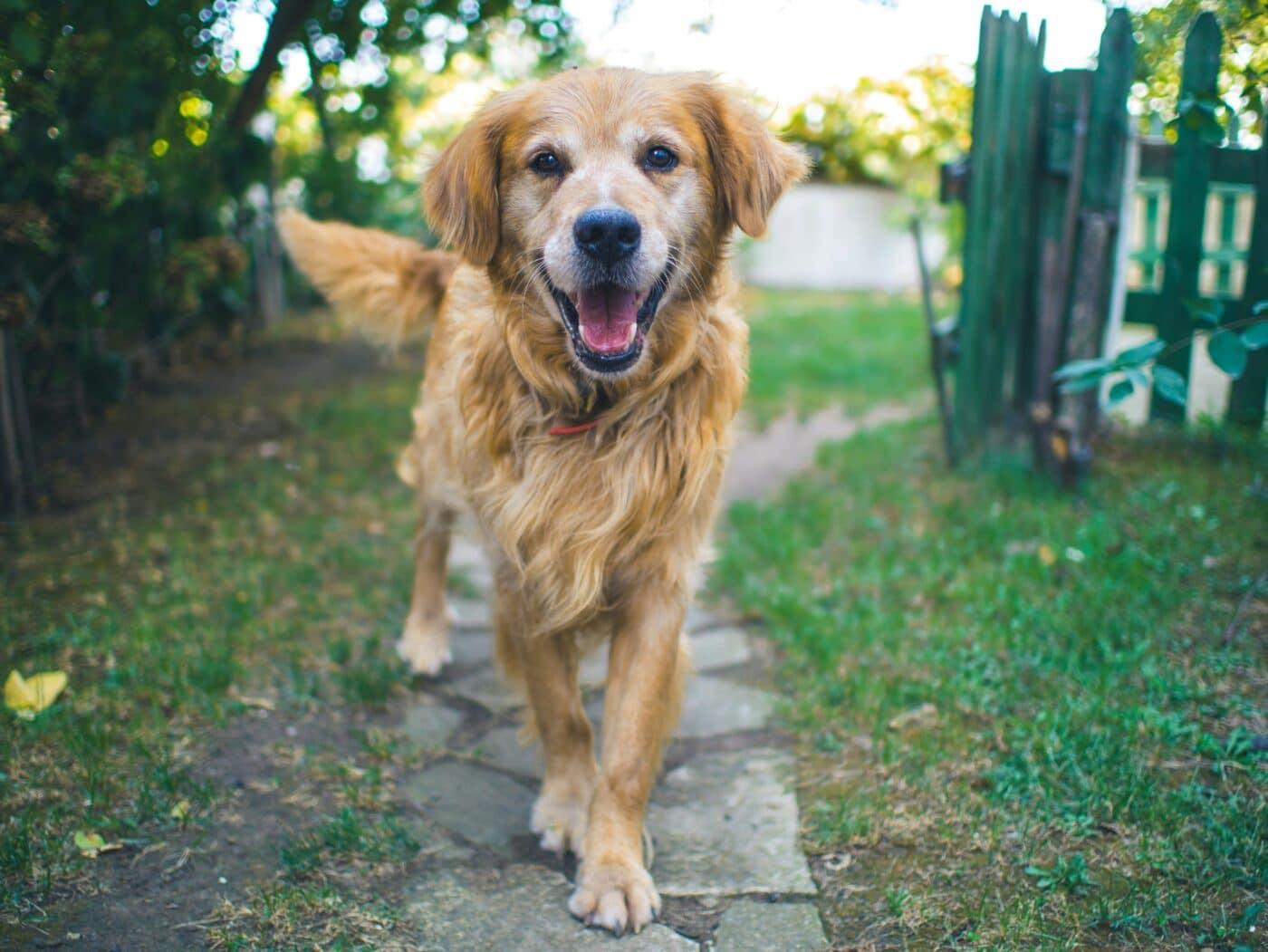 Shutterstock
Shutterstock
In addition to providing fiber, grass may be a natural laxative for dogs. Some dogs might eat grass when they are experiencing digestive discomfort or constipation, as the grass can stimulate bowel movements. The grass’s fibrous texture may help bulk up stool and make it easier for the dog to pass. While this is not a guaranteed solution to digestive problems, it is possible that dogs instinctively eat grass to relieve gastrointestinal distress.
Inducing Vomiting to Settle an Upset Stomach
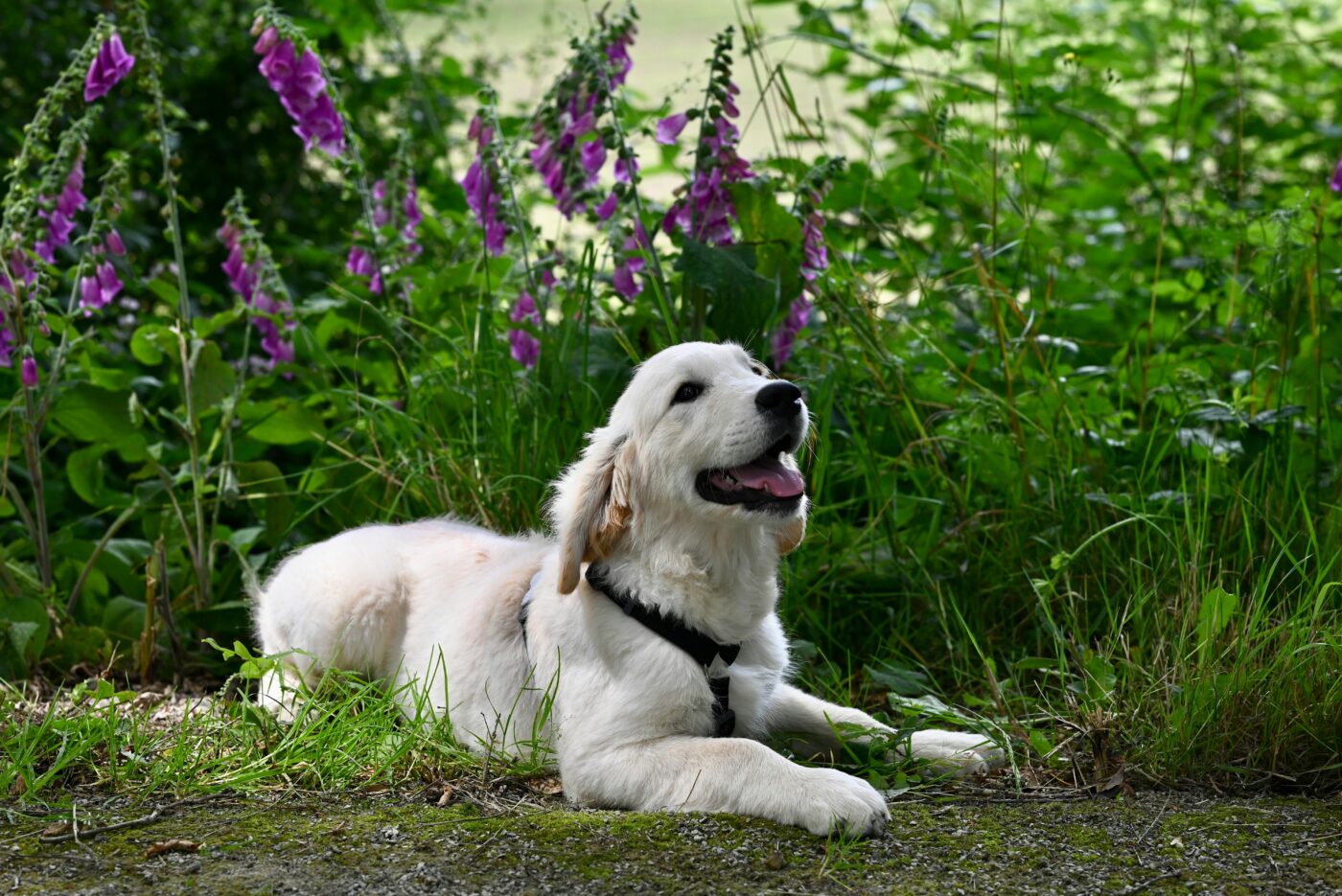 Shutterstock
Shutterstock
Many dog owners notice that their pets sometimes vomit shortly after eating grass. One explanation for this is that dogs might consume grass to induce vomiting when they feel unwell or have an upset stomach. The rough texture of grass can irritate a dog’s stomach lining, triggering them to vomit. This behavior may be a way for dogs to expel something unpleasant from their system, such as spoiled food, toxins, or other irritants that are causing discomfort.
Boredom or Anxiety
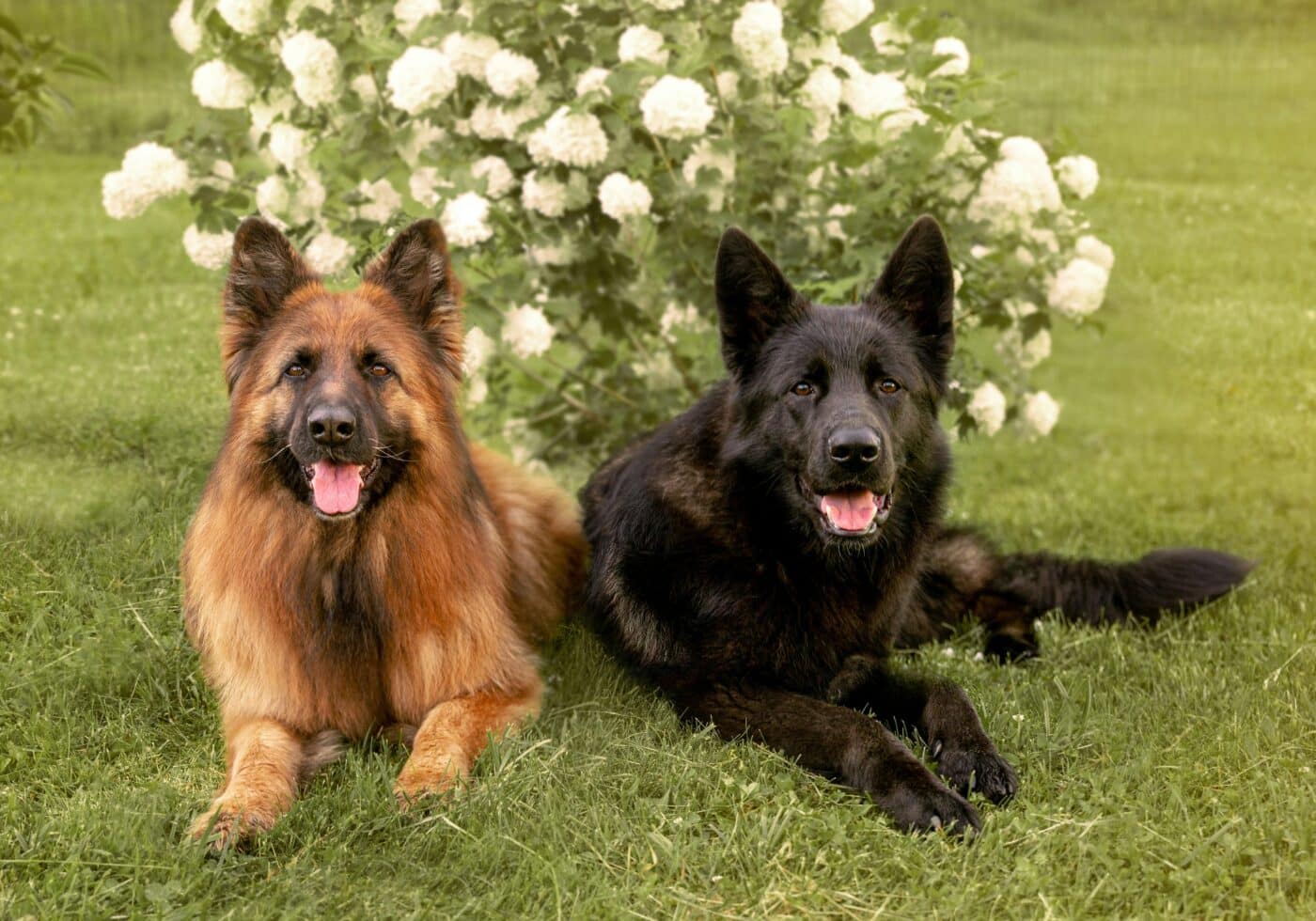 Shutterstock
Shutterstock
Just like humans, dogs can get bored or anxious, and sometimes these feelings can manifest in unusual behaviors, such as eating grass. If a dog is left alone for long periods, doesn’t get enough exercise, or doesn’t receive sufficient mental stimulation, they may turn to grass-eating as a way to occupy their time or soothe themselves. This is particularly common in highly active dogs or needing a lot of stimulation to remain content. Providing more interactive playtime, toys, or exercise may reduce this behavior in some dogs.
Nutritional Deficiency
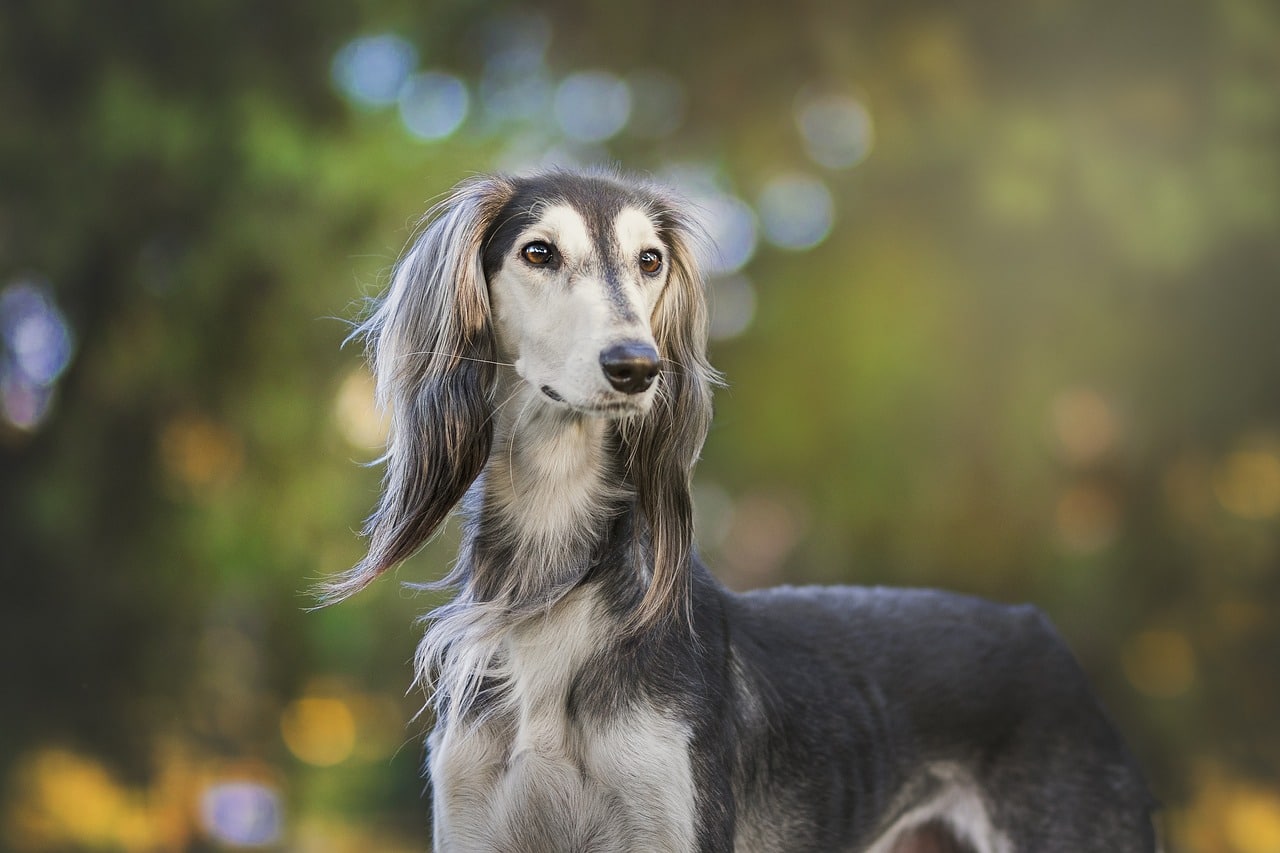 Shutterstock
Shutterstock
Some dogs may eat grass due to an underlying nutritional deficiency. If a dog’s diet lacks certain essential nutrients, such as vitamins, minerals, or enzymes, they may seek out alternative sources of nutrition. While grass may not be the most effective way for dogs to meet their nutritional needs, they might instinctively turn to it to attempt to compensate for what they’re lacking in their regular diet. This behavior may be more common in dogs that are fed low-quality commercial food or an unbalanced homemade diet.
Pica: A Compulsive Eating Disorder
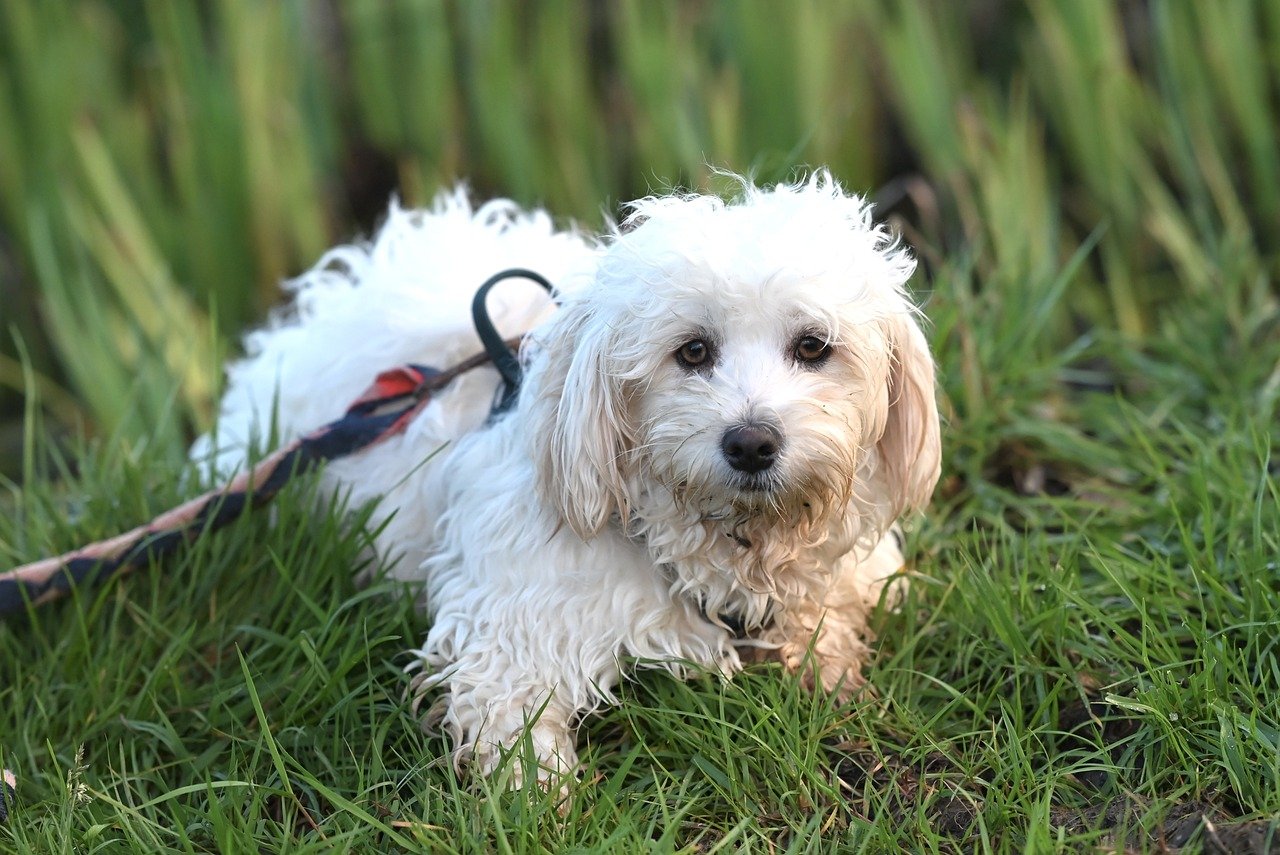 Shutterstock
Shutterstock
Pica is a condition that affects both animals and humans, where an individual feels compelled to eat non-food items. In dogs, pica can manifest as a desire to eat grass, dirt, or other inedible substances. While the exact cause of pica is not fully understood, it can sometimes be linked to dietary imbalances, stress, or underlying health issues. Suppose your dog’s grass-eating habit seems excessive or compulsive. In that case, it may be a sign of pica, and consulting a veterinarian is recommended to rule out any medical or behavioral concerns.
Grazing for Taste or Texture
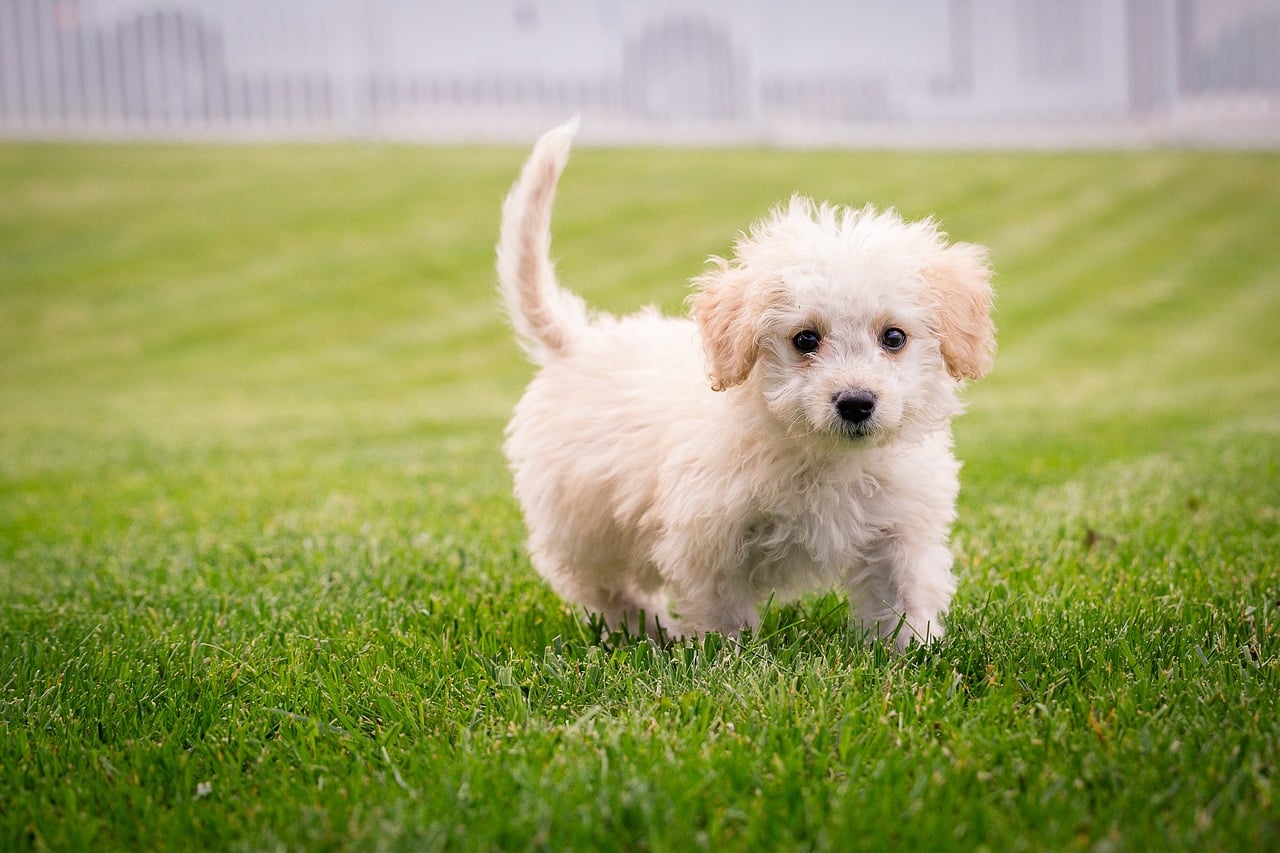 Shutterstock
Shutterstock
For some dogs, eating grass might simply be a matter of taste or texture. Dogs explore the world through their mouths, and the unique texture of grass might appeal to them in the same way that certain chew toys or food treats do. Fresh grass’s cool, crisp texture could provide sensory stimulation for a dog, much like chewing on bones or sticks. In these cases, grass-eating may not indicate any health or nutritional issues but could just be an enjoyable experience for the dog.
Seeking Hydration
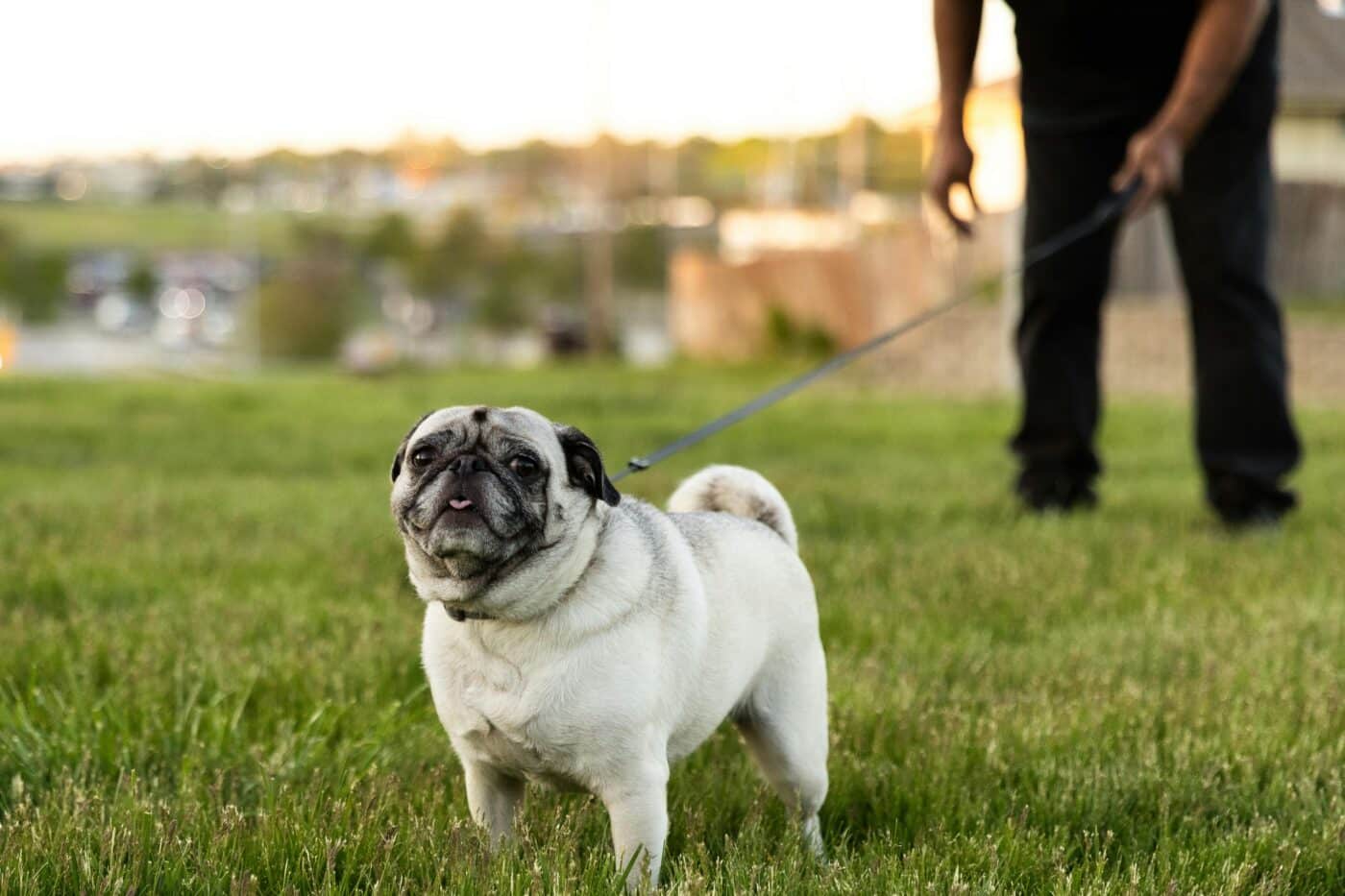 Shutterstock
Shutterstock
Sometimes, dogs may eat grass as a way to seek hydration, especially during hot weather or after physical activity. Grass contains moisture, and dogs may be drawn to the sensation of chewing on cool, damp blades. If your dog is spending a lot of time outside in the sun or after a long walk, eating grass may be a way for them to supplement their hydration levels. While it shouldn’t replace water, the moisture content in the grass might explain why some dogs engage in this behavior after exercise.
Exploring Their Environment
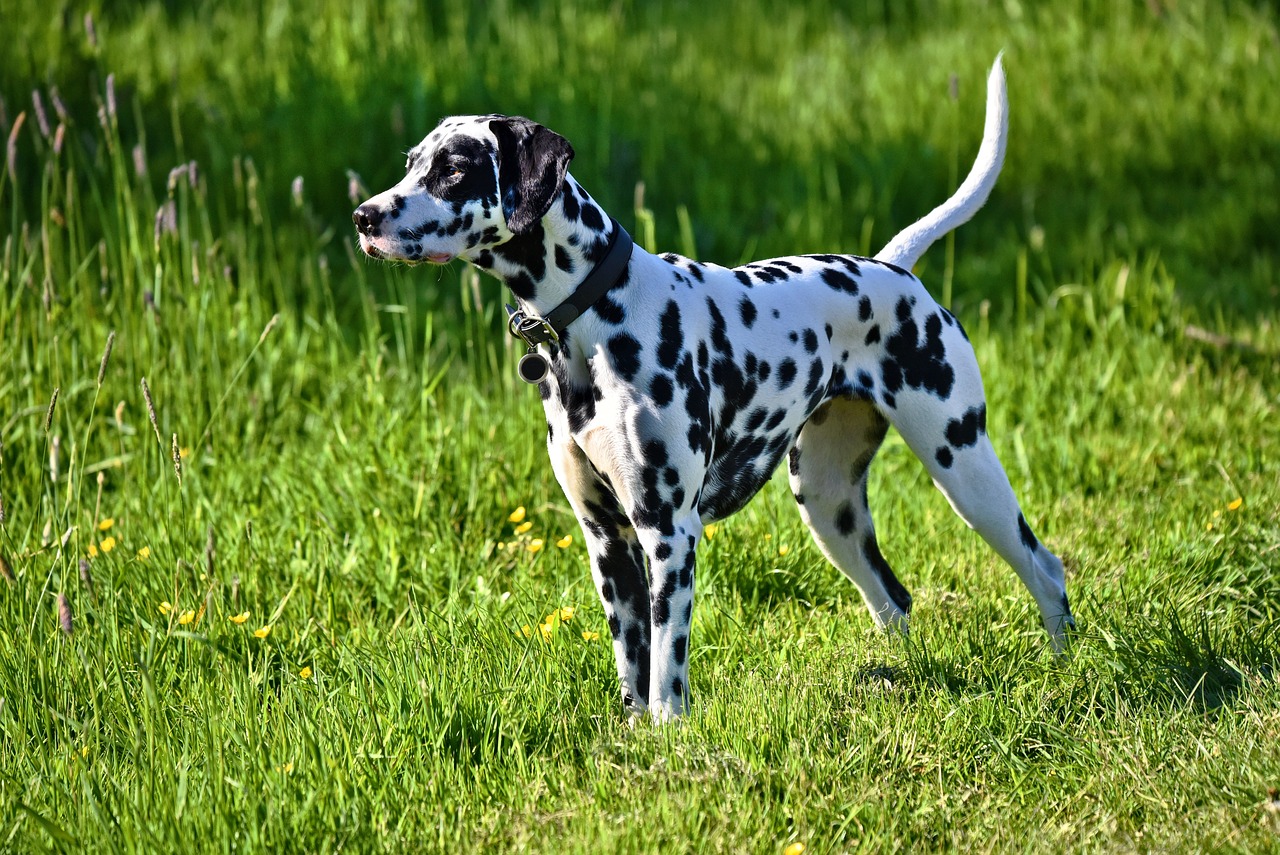 Shutterstock
Shutterstock
Dogs are naturally curious creatures, and eating grass could be a part of how they explore their surroundings. Much like how puppies chew on everything when they’re young, dogs may nibble on grass out of curiosity or as part of their investigation of the environment. This behavior is especially common in puppies and younger dogs that are still learning about the world around them. Grass-eating, in these cases, is usually harmless and simply part of the dog’s exploration process.
Mimicking Other Animals
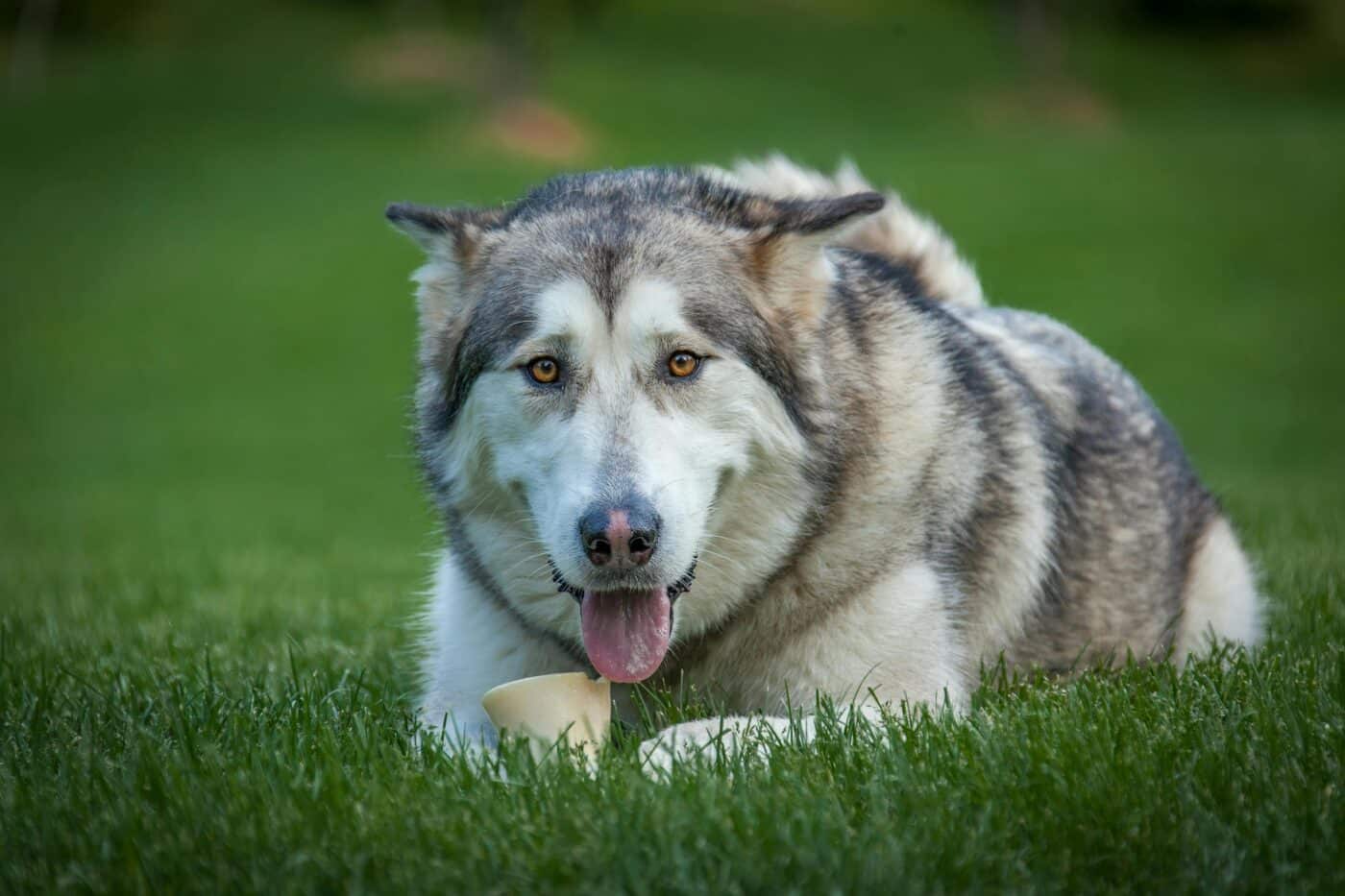 Shutterstock
Shutterstock
In multi-pet households or areas where dogs observe other animals grazing, they may be inclined to imitate this behavior. Dogs are social animals and may learn by observing the actions of other pets, such as cats, rabbits, or even other dogs, that eat grass. If a dog frequently sees other animals munching on grass, they might try it out of curiosity or a desire to fit in with the pack. This mimicry is usually not harmful and might be a passing phase for some dogs.
A Taste for Chlorophyll
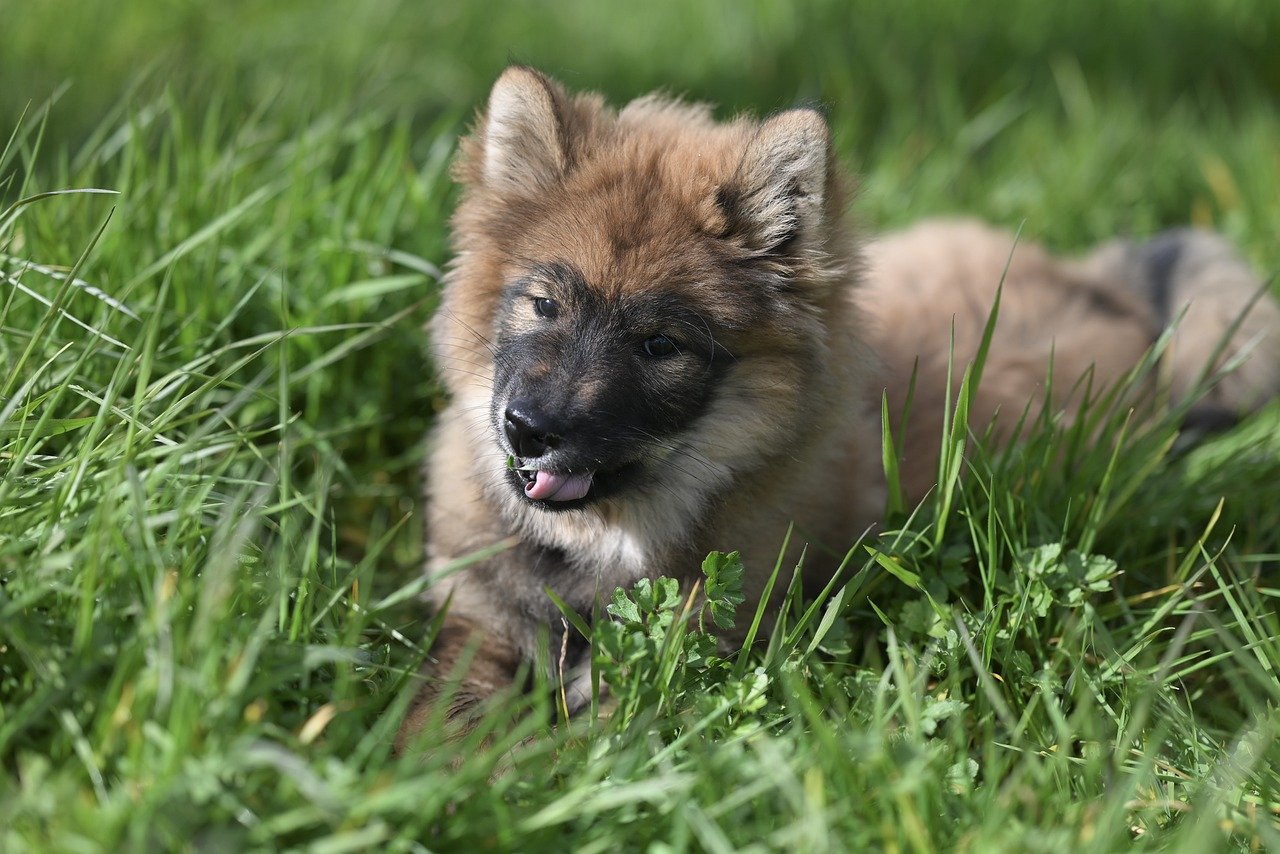 Shutterstock
Shutterstock
Chlorophyll, the green pigment found in plants, may have an appeal to some dogs. Chlorophyll is known to have certain health benefits, such as promoting healing, improving digestion, and acting as a natural deodorizer. Some dogs might instinctively eat grass to benefit from chlorophyll, particularly if their diet lacks fresh greens. While commercial dog food doesn’t typically contain chlorophyll-rich ingredients, wild canines might consume it as part of a natural, balanced diet. This could explain why some domesticated dogs have a tendency to seek out grass.
Understanding Your Dog’s Grass-Eating Habit
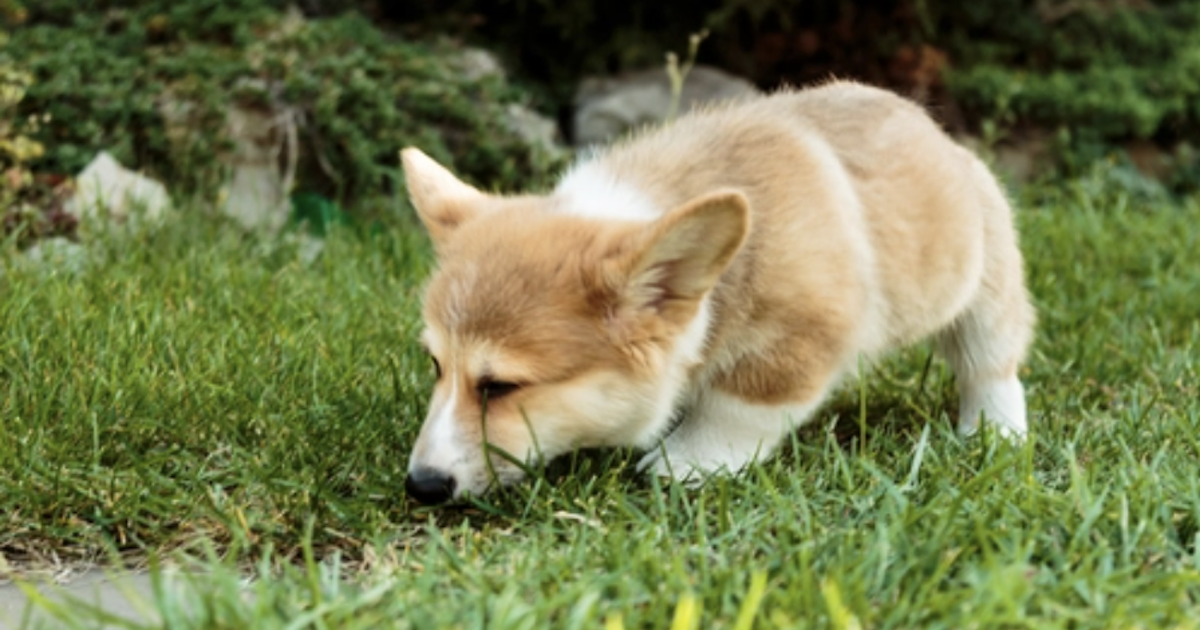 Shutterstock
Shutterstock
There are many reasons why dogs eat grass, and it’s typically not something to worry about. Whether driven by instinct, boredom, or a simple preference for taste and texture, most dogs occasionally munch on grass without suffering any harmful effects. However, if your dog frequently eats grass and experiences symptoms like vomiting, lethargy, or changes in appetite, it’s a good idea to consult a veterinarian. This can help rule out underlying health issues and ensure your dog stays healthy and happy.
 Toledo, United States.
Toledo, United States.